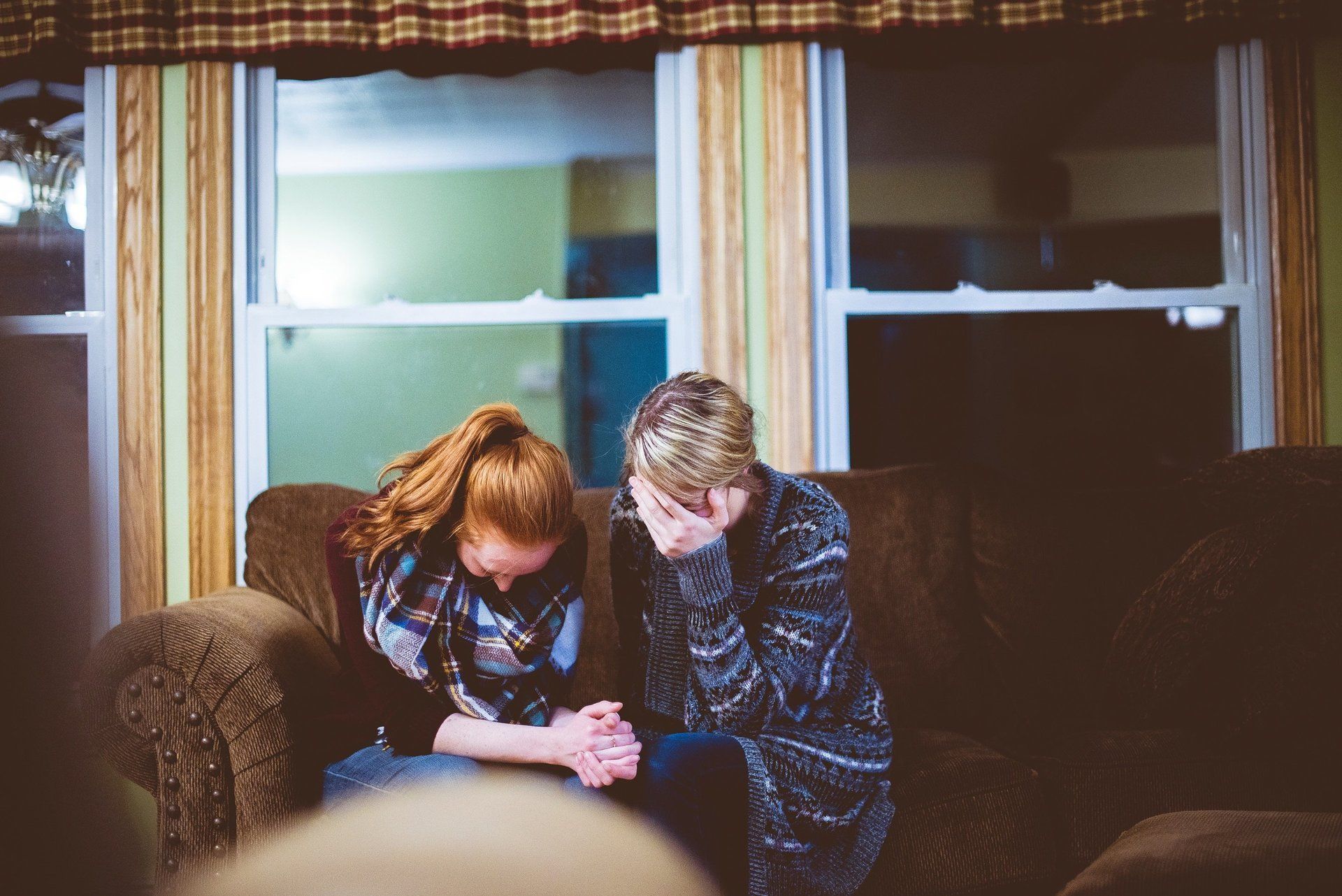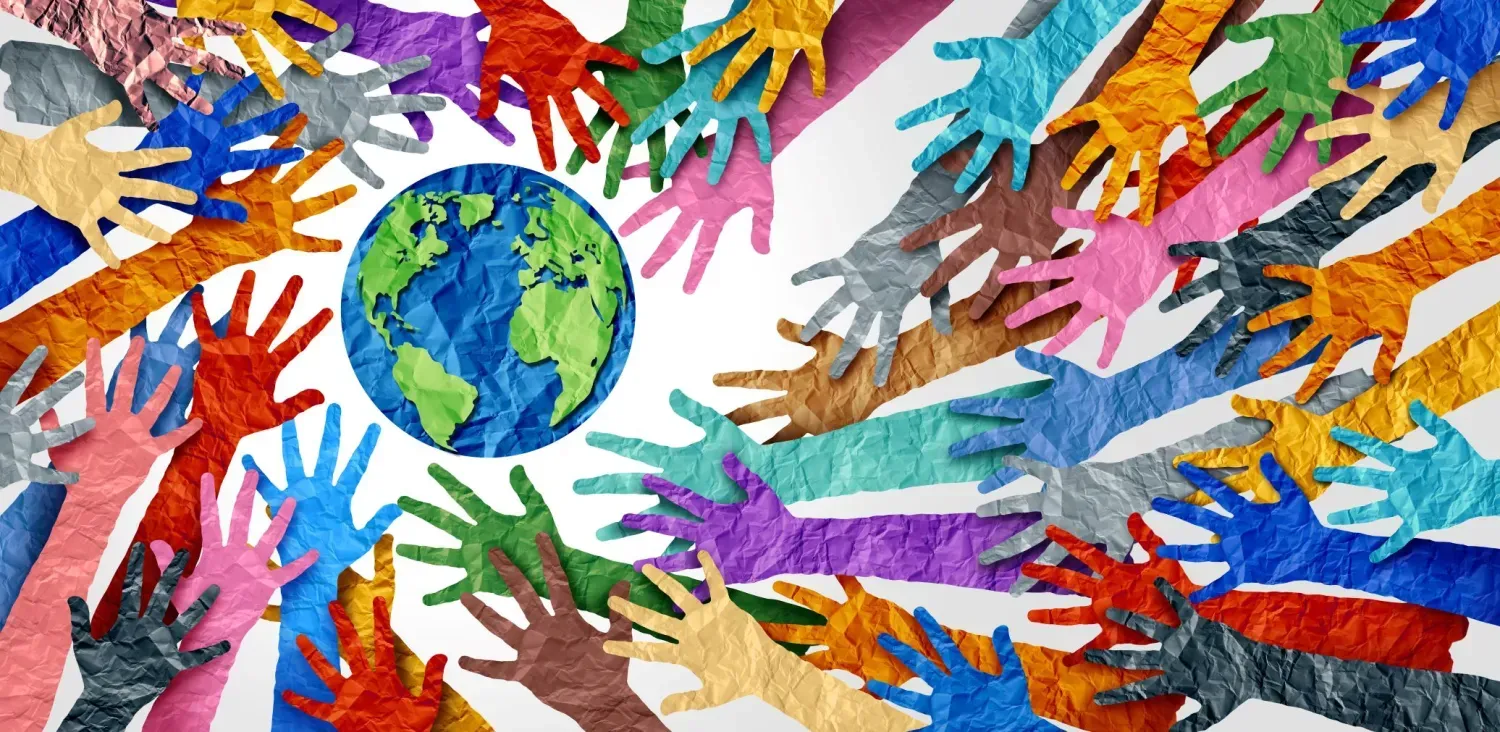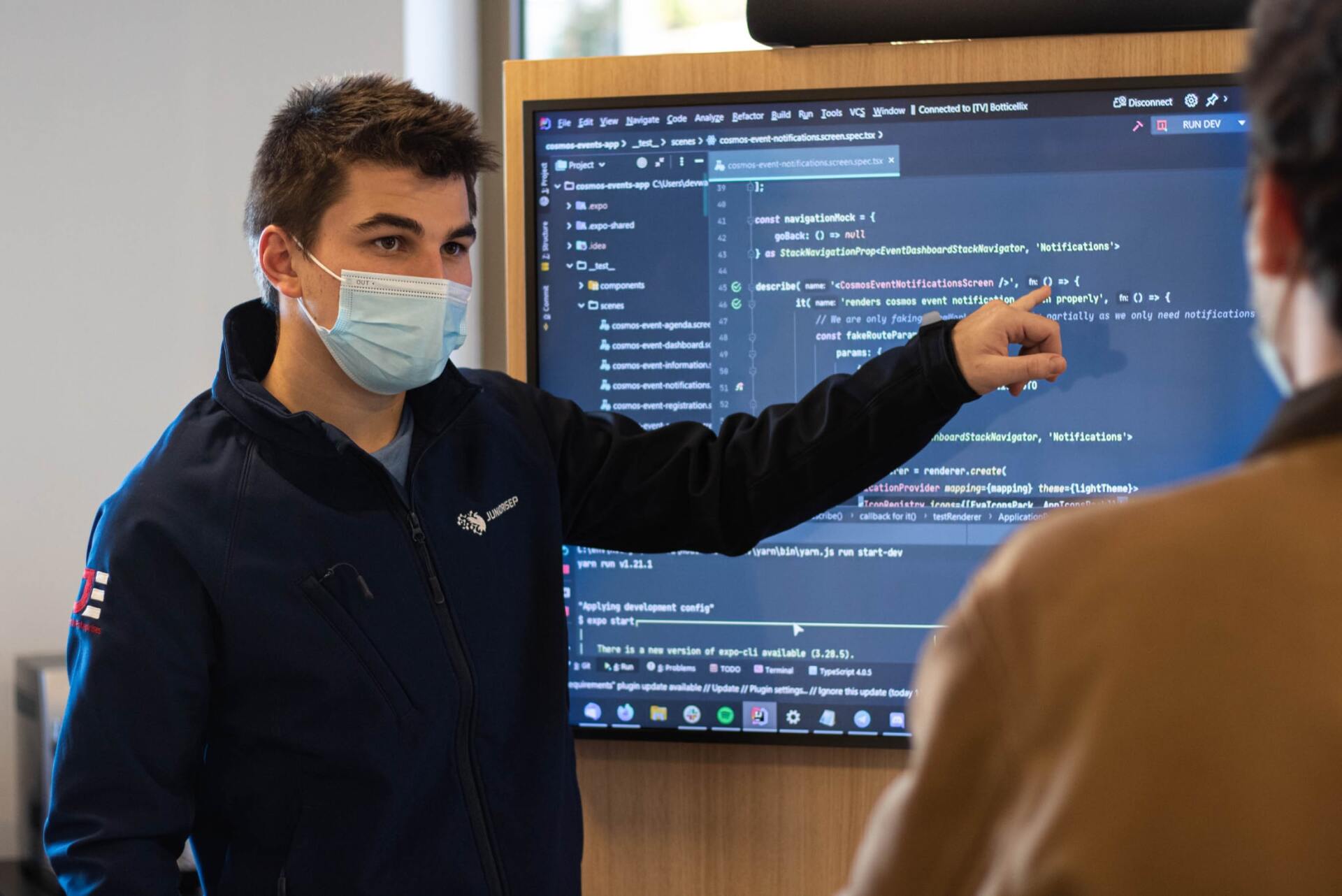Stories
Our most ancient method of learning.
Effective School Crisis Response
Teachers: What would you do?
Today I spent a glorious couple of hours walking with my wife and our dog, Bruno, on a winding trail through a forest after a downpour. The sun came out, outlining the canopy above us in bright yellow and red with the leaves from the top to the bottom of the canopy sparkling. Bruno met several dogs to romp with along the seashore and he, along with us, experienced a bit of heaven on earth.
As we were walking home Brett Dennen’s line from the song, So Much More came to mind – “in a world of suffering, why should I be so blessed”. As I travel and work in countries where war and disaster strike, I often think that I might have been born there instead of in Canada. As I work with the resilient survivors, I think, “how would I have responded if I were in their place?”
This week I think about those families in Somalia who have suffered loss and closer to home, those in Las Vegas. These thoughts bring me to what is written on various websites about our book, Crisis Relief: From Chaos to calm - A Teacher’s Guide —
If each time you hear of another mass shooting, or stabbings, suicide or natural disaster (fire, flood, earthquake), you wonder what you would do if there was a crisis in your school, then this book is for you.
Working in teacher preparation and with practising teachers worldwide, I find that, although they naturally display great empathy and kindness, they really do not know, in practical terms, what they would do, or how they could support students who have been through a traumatic experience. My hope is that the book will be picked up by many teachers and will be a resource for them so that they will know what do to when the unspeakable happens. Unfortunately, it seems that the need for this kind of information and teacher professional learning is rising.




